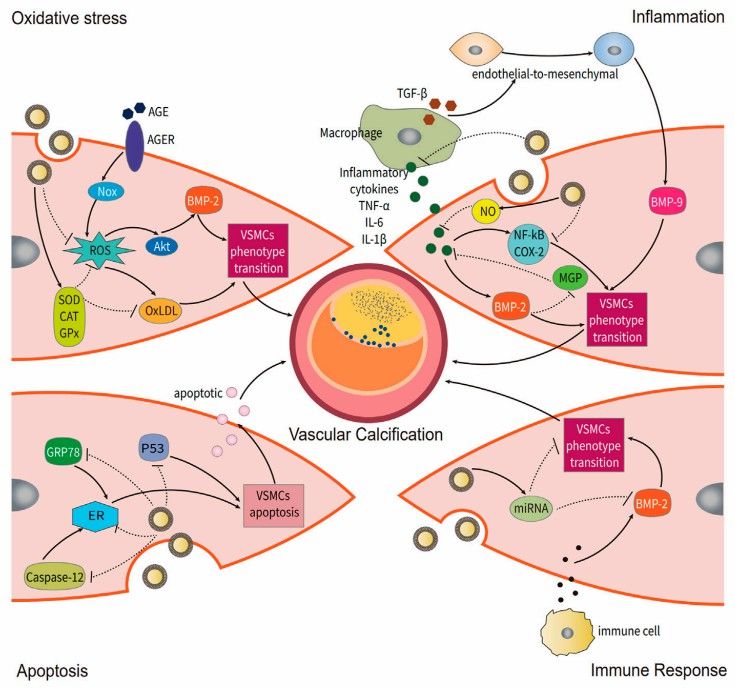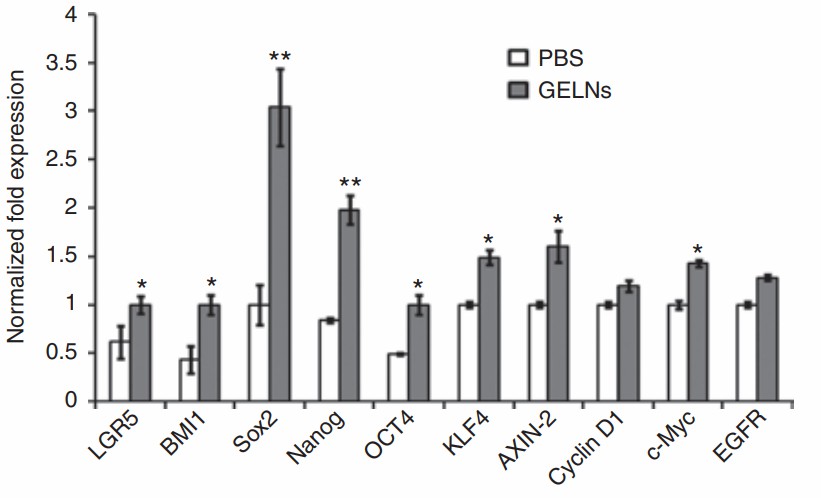Grape-derived Exosome Research and Application
Effective grape-derived exosomes can be obtained from fresh grapes through purification techniques and perform better in formulations than common extracts. This is due to the multiple advantages of better safety, better targeting of efficacy, and higher efficiency of action. Creative Biolabs can provide pilot study services related to the production and development of grape-derived exosomes to deepen the understanding of grape-derived exosomes.
Isolation Steps
-
Select high-quality grape donor, extract grape juice
-
Centrifuge the supernatant at high speed and purify it by ultracentrifugation.
-
Sucrose density gradient centrifugation
-
Resuspend the ultracentrifuged high-purity grape exosomes and store them frozen.
Production Key Points
-
Strict selection of fresh grapes meeting quality standards is necessary to ensure the high activity of grape-derived exosomes.
-
The extraction process of grape-derived exosomes does not involve organic solvents and takes a short time in order to minimize the loss of active substances.
-
The extracted grape-derived exosomes are guaranteed to be structurally intact, and their phospholipid bilayer membranes play an effective role in protecting the contents.
-
Adopt the extraction technique of ultracentrifugation combined with ultra-pure filtration technology, and in the process can be appropriate to add active protective agents.
Presenting Antioxidant Effects
-
Grape exosomes contain procyanidin, myricetin, and resveratrol, the antioxidant effect is 50-70 times more than the classic antioxidants VC and VE, which can effectively resist and scavenge free radicals.
-
The unique vesicular and skin-friendly structure of grape-derived exosomes allows nutrients to reach the skin's underlying layers, maximizing the effect of antioxidant active ingredients and thus slowing down skin aging.
-
Relying on the unique membrane structure of grape-derived exosomes, which encapsulates rich functional substances, it enters directly into the cell interior and acts continuously, thus realizing the function of remodeling homeostasis.
Application Advantages
-
More precise action. The exosome acts directly on the receptor cells and plays a role at the cellular level.
-
More effective. Compared with other ingredients extracted from grapes, the effect of grape-derived exosomes is more obvious.
-
Easier absorption. The ultra-fine vesicles of exosomes make it easier to be absorbed transdermally.
-
More purer and safer. Exosomes use a combination of low-speed centrifugation and high-speed centrifugation to eliminate solvent contamination and damage to the efficacy of the ingredients.
 Fig. 1 Potential of grape-derived exosomes to alleviate vascular calcification.1
Fig. 1 Potential of grape-derived exosomes to alleviate vascular calcification.1
Research Progress
|
Methods
|
Conclusion
|
|
Lipidomic analysis
|
Grape-derived exosomes are enriched in phosphatidic acid, phosphatidylethanolamine, and phosphatidylinositol without cholesterol.
|
|
miRNA sequencing profile analysis
|
Grape-derived exosomes contain miRNAs enriched in the miR169 family. some miRNAs can be targeted to regulate inflammatory factor expression.2
|
|
Fluorescently labeled exosomes tracer test
|
Grape-derived exosomes are identified in the lungs and brain after being administered intravenously, while they are abundant in the small intestine and colon after being administered orally.
|
|
qPCR and protein blotting assays
|
Grape-derived stem cells were able to upregulate the expression of intestinal stem cell markers such as SOX2, Nanog, and KLF4. This suggests that they may not only regulate the regenerative process of intestinal tissues but also participate in the remodeling of intestinal tissues, thus preventing or alleviating colitis.
|
 Fig. 2 Effect of grape-derived exosomes on gene expression in crypts of mice.2
Fig. 2 Effect of grape-derived exosomes on gene expression in crypts of mice.2
Besides the studies mentioned above, grape-derived exosomes are also being tested for the effects of radiation and chemotherapy on oral mucositis and related pain following head and neck cancer. Creative Biolabs is committed to continuously optimizing exosome-related research platforms to provide reliable exosome services. Please contact us to discuss your focus on plant-derived exosomes.
References
-
Teng, Yintong, et al. "Grape exosome-like nanoparticles: A potential therapeutic strategy for vascular calcification." Frontiers in Pharmacology 13 (2022): 1025768.
-
Ju, Songwen, et al. "Grape exosome-like nanoparticles induce intestinal stem cells and protect mice from DSS-induced colitis." Molecular Therapy 21.7 (2013): 1345-1357.
For Research Use Only. Cannot be used by patients.
Related Services:

 Fig. 1 Potential of grape-derived exosomes to alleviate vascular calcification.1
Fig. 1 Potential of grape-derived exosomes to alleviate vascular calcification.1
 Fig. 2 Effect of grape-derived exosomes on gene expression in crypts of mice.2
Fig. 2 Effect of grape-derived exosomes on gene expression in crypts of mice.2









